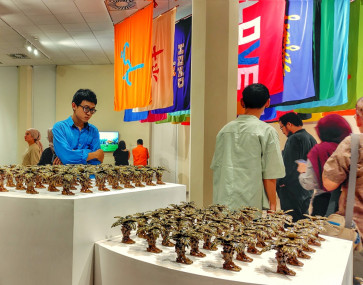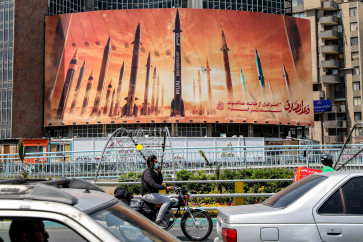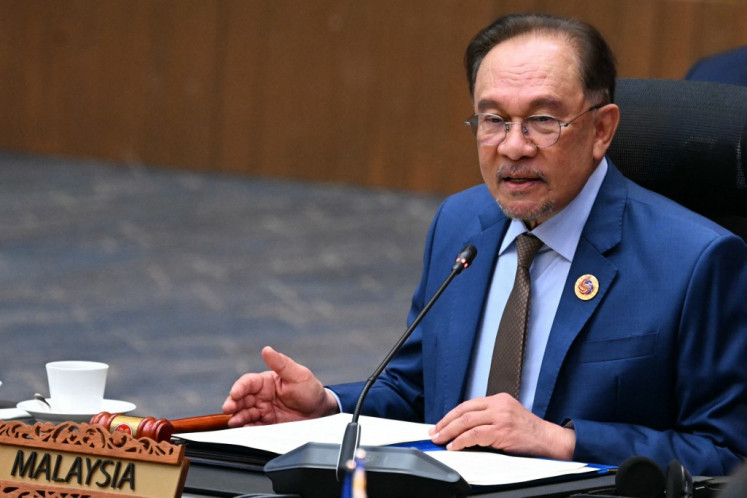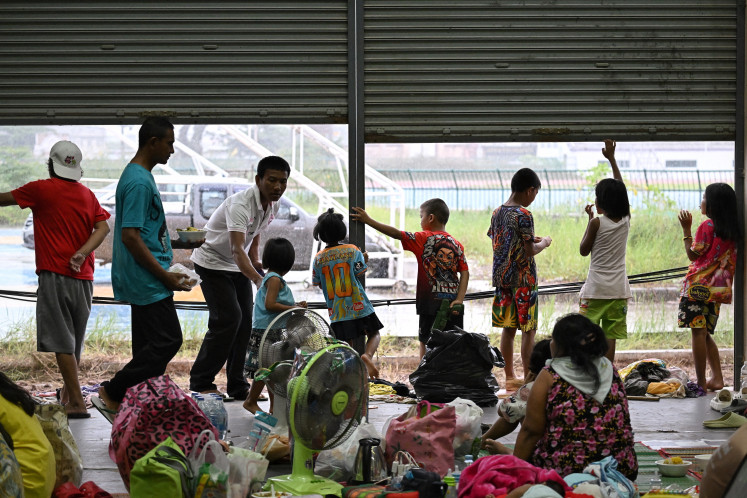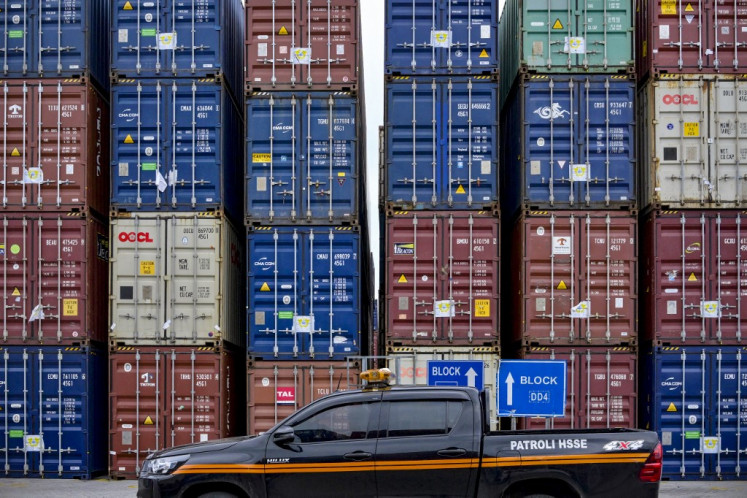Popular Reads
Top Results
Can't find what you're looking for?
View all search resultsPopular Reads
Top Results
Can't find what you're looking for?
View all search resultsBP awards FEED contracts for third LNG train project
BP Berau, operator of the Tangguh liquefied natural gas (LNG) plant in Papua, has named two consortiums of companies to work on the engineering design of its Train 3 expansion project
Change text size
Gift Premium Articles
to Anyone
B
P Berau, operator of the Tangguh liquefied natural gas (LNG) plant in Papua, has named two consortiums of companies to work on the engineering design of its Train 3 expansion project.
The first consortium consists of PT Tripatra Engineers and Constructors, PT Tripatra Engineering, PT Chiyoda International Indonesia, PT Saipem Indonesia, PT Suluh Ardhi Engineering and Chiyoda Corporation Consortium.
Meanwhile, the other consortium, for the onshore Front-End Engineering and Design (FEED) for the US$12-billion project, consists of PT Rekayasa Industri, JGC Corporation, PT KBR Indonesia and PT JGC Indonesia Consortium.
The FEED contracts, which cover the design of an LNG train, jetty and associated infrastructure, are scheduled to be finished within 12 months.
'The awarding of the onshore FEED contracts and signing of the sales and purchase agreement with [state electricity firm PT] PLN are major accomplishments, which demonstrate progress for the Tangguh Expansion Project. The Train 3 project will deliver significant value, including much-needed energy to Indonesia,' BP Group chief executive Bob Dudley said.
The company signed last week a gas sale and purchase agreement with PLN. Under the agreement, BP will supply 1.5 million tons of LNG every year to PLN starting from 2015 to 2033.
While the Train 3 construction is in progress, supply to PLN will come from Tangguh's two existing LNG trains. The agreement was also part of BP's commitment of 40 percent Train 3 output for the domestic market.
The Train 3 project will expand the production capacity of the Tangguh LNG plant by 3.8 million tons per annum (mtpa) to a total of 11.4 mtpa.
The expansion project has been marked with uncertainty particularly after the Corruption Eradication Commission (KPK) gave warnings about potential state losses from the project's financing scheme, called the Trustee Borrowing
Scheme (TBS).
The contentious issue regarding the TBS centers on an arrangement that the government is required to cover the interest rates on loans. The arrangement contradicts existing regulations that have excluded interest rates from being covered under cost recovery.
Upstream Oil and Gas Regulatory Special Task Force (SKKMigas) acting chief Johanes Widjonarko said earlier that his office was still working on the issue to ensure that the project would not violate the regulation and would instead benefit Indonesia.
'We are still evaluating the KPK's demand. No decision has been made yet, but we will comply with them,' Widjonarko said.
The Tangguh Train 3 expansion will increase the usage of LNG for electricity generation and help PLN to save around $10 billion in costs of high-speed diesel. It is also estimated to provide $9.3 billion in state revenue.
BP Berau currently holds a 37.16 percent stake in the Tangguh plant. Other partners in the plant are MI Berau B.V. with 16.3 percent, CNOOC Muturi Ltd. with 13.9 percent, Nippon Oil Exploration (Berau), Ltd. with 12.23 percent, KG Berau Petroleum Ltd and KG Wiriagar Petroleum Ltd with 10 percent, Indonesia Natural Gas Resources Muturi Inc. with 7.35 percent and Talisman Wiriagar Overseas Ltd. with 3.06 percent.


